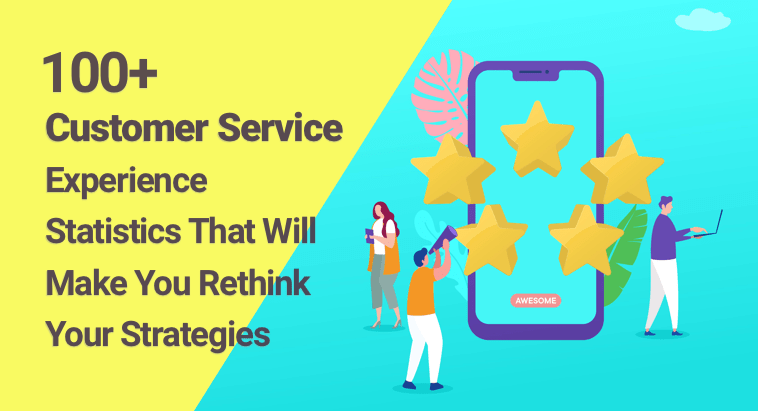When a customer tells you,“Your team just saved my day,” you know you’re doing something right—but it didn’t happen by accident.
From my early days building a business, I learned that asking “How to Improve Customer Service” isn’t just a box to tick—it’s the engine that drives growth.
I’ve seen how missed chats, scattered tools, and slow replies can quietly push customers away. But with the right strategies, you can turn service into your brand’s superpower.
In this guide, I’ll share proven ways to improve customer service, the key metrics that matter most, and real-world examples you can put into action right away.
10 Proven Strategies to Boost Customer Service
Great customer service is built, not left to chance. In this section, you’ll discover ten smart strategies on how to provide better customer service that will help you respond faster, work smarter, and create experiences that keep customers coming back.
1. Deploy an AI Chatbot for 24/7 Customer Support
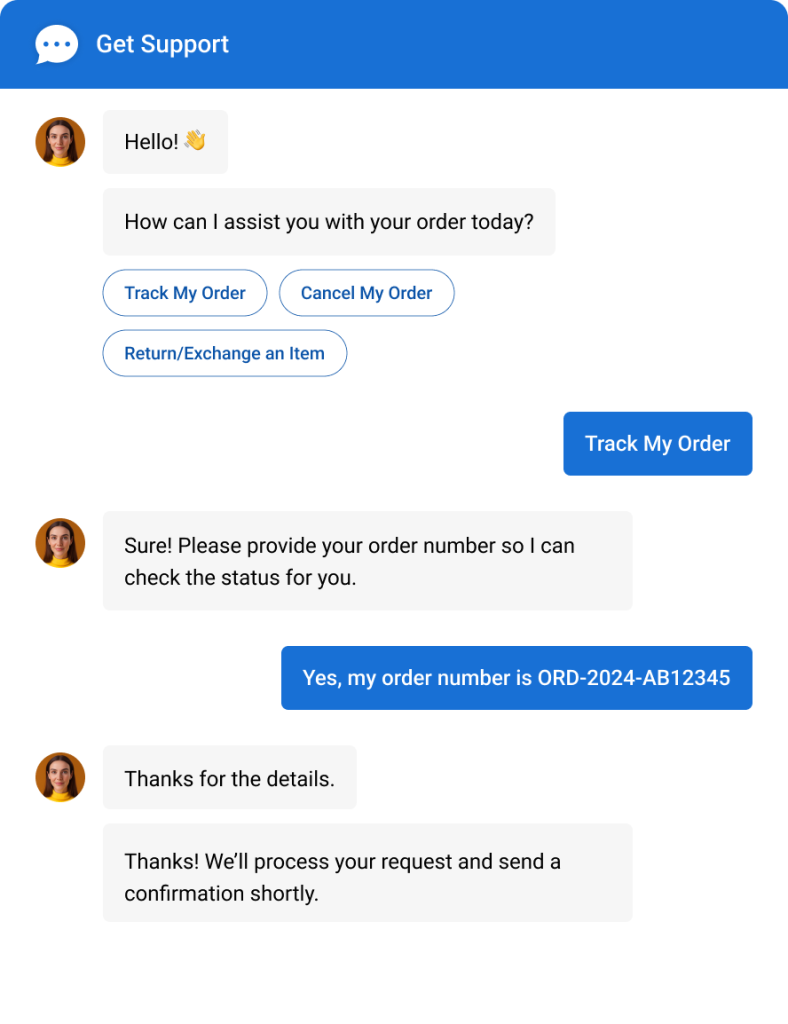
Your customers expect answers instantly—whether it’s 2 PM or 2 AM. An AI chatbot ensures you never miss a query, handling FAQs, booking requests, and lead capture automatically. For complex questions, it can route chats to your team in real time.
The best part is you can launch chatbots in minutes with customizable, professionally designed templates let you serve customers 24×7 efficiently—without complex setup.
2. Enable Seamless Bot-to-Human Handoff
A smooth transition from bot to human is crucial. When a chatbot detects a complex or sensitive issue, it should instantly connect the customer to a live agent without losing context. The conversation history must be visible to the agent to avoid repetition and speed up resolution.
This kind of handoff shows customers that you value their time and concerns. It also helps agents deliver faster, more informed answers—making the whole support experience feel effortless.
Watch how chatbots and agents team up to deliver fast, personalized support:
3. Integrate Customer Service Across All Channels
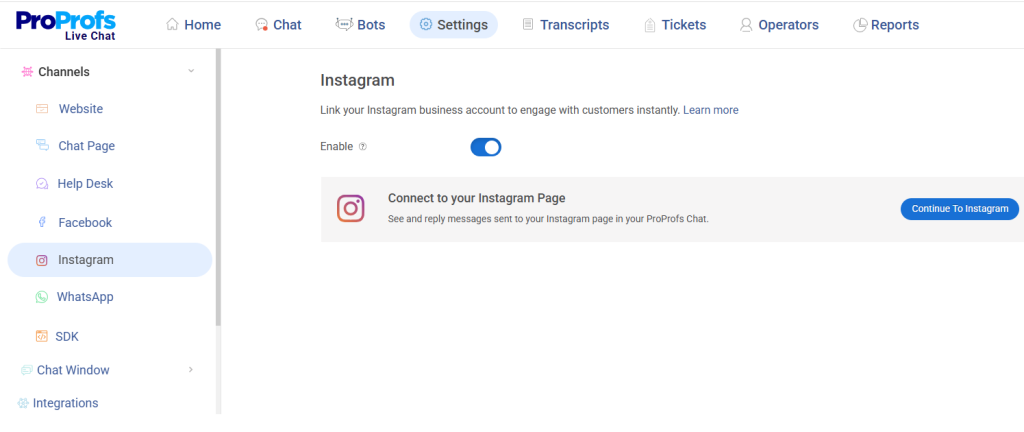
Your customers are everywhere—WhatsApp, Instagram, email, your website. You can bring every conversation into one unified inbox so your team never misses a message. This eliminates the stress of switching between tools and ensures faster, more consistent replies.
With one view for all channels, you can deliver the same tone, speed, and quality no matter where the conversation begins. That consistency builds long-term loyalty.
4. Offer Easy Appointment Scheduling
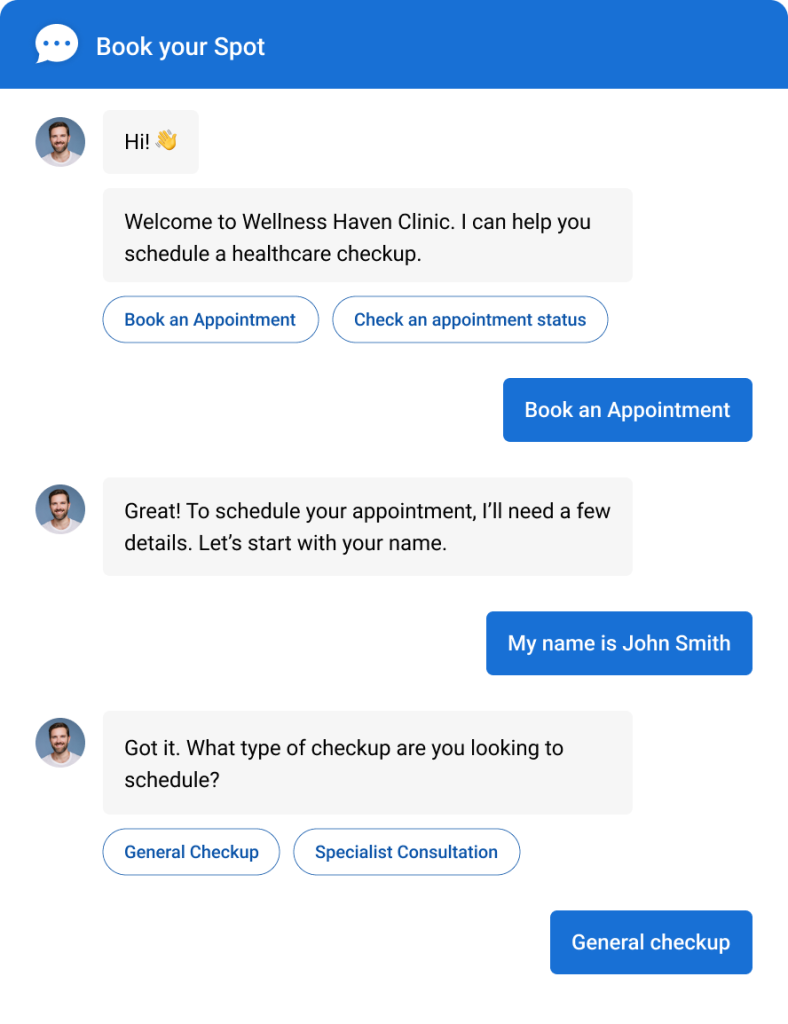
You know how frustrating it is when booking a meeting turns into an endless back-and-forth? With an appointment booking chatbot, you can skip all that. It shows your availability right away, remove already-booked slots, and let customers choose a time that works for them—anytime, day or night.
The bot can confirm their booking instantly, email them the details, and even send the info straight to your CRM for follow-ups. You save time, they get a hassle-free experience, and everyone walks away happy.
5. Customize the Chat Experience to Match Your Brand
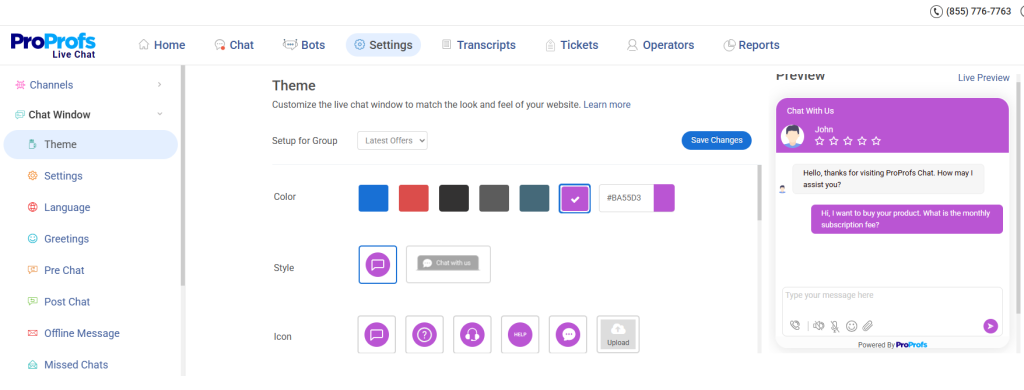
Your chat window is part of your brand identity. Match its colors, fonts, and greetings to your visual style, and personalize messages based on visitor behavior. Small touches like a friendly greeting or branded avatar make conversations feel natural.
When your chat blends seamlessly into your website’s look and tone, it feels like a natural extension of your brand, not an interruption.
6. Prioritize GDPR Compliance and Data Security
Customer trust starts with protecting their data. Make sure every chat is encrypted, personal details are collected with consent, and all policies meet local regulations. This safeguards your reputation while preventing costly penalties.
A visible privacy notice before chat begins can reassure customers and make them more comfortable sharing information. The more secure they feel, the more open and honest they’ll be in their conversations with you.
7. Leverage Analytics to Improve Agent and Chat Performance
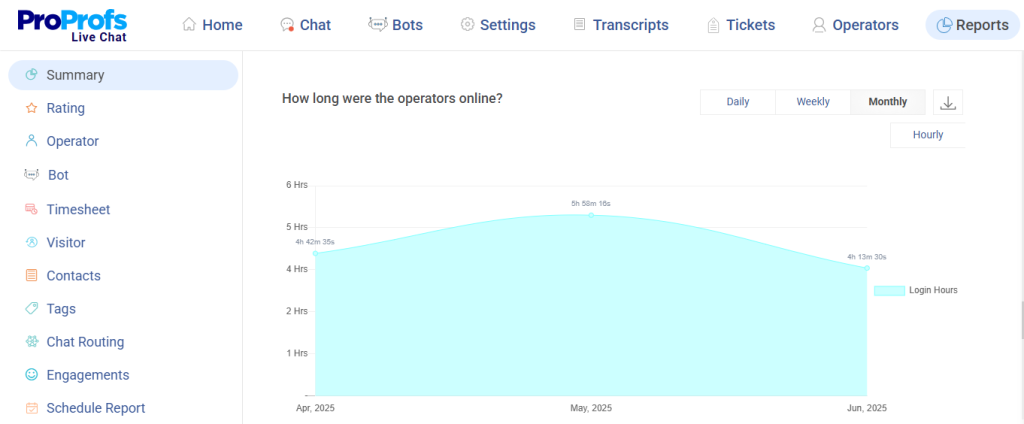
If you don’t track the right numbers, you’re just guessing. With chat reports and analytics, you can see how fast you reply, how happy your customers are, and how well your agents perform. You can also find your busiest chat hours and spot common issues so you can plan better and train smarter.
Over time, this drives real customer service improvement—helping you fix problem areas, keep your team efficient, and give customers a smoother experience.
8. Focus on Improving Lead Qualification Processes

You already know not every visitor will turn into a customer—but with the right features, you can spot the best ones quickly. You can use pre-chat form to learn who’s reaching out and what they need before you even say hello. With real-time visitor monitoring, you can see exactly when someone’s showing buying intent and reach out at the perfect moment. Then
Plus, you can use a lead generation chatbot to capture details, qualify prospects, and send the hottest leads straight to your CRM so you can follow up faster and close more deals.
9. Build a Centralized Knowledge Base
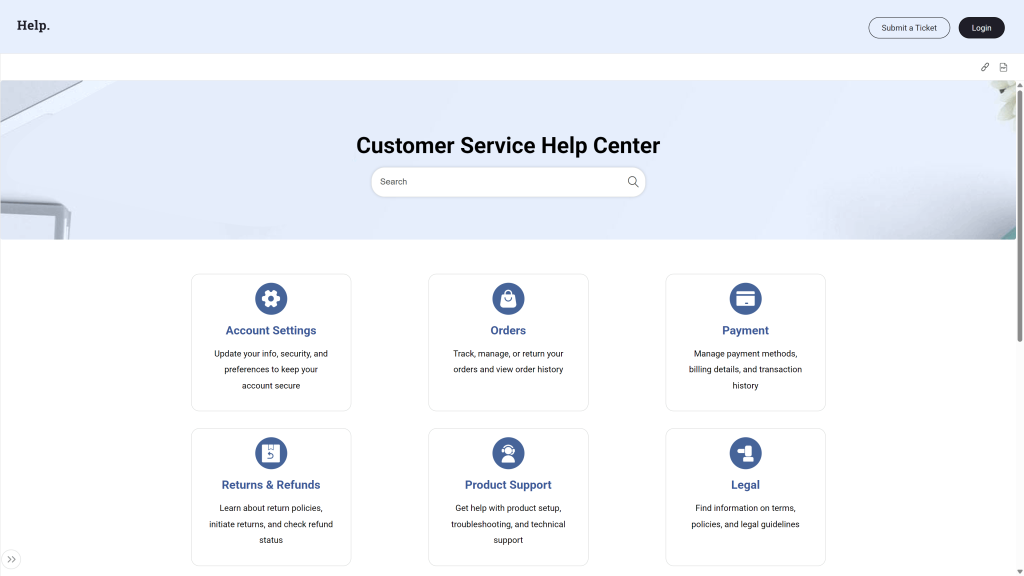
A connected knowledge base allows customers and agents to find answers instantly without leaving the chat. This reduces ticket volume, keeps responses consistent, and shortens resolution times.
When both bots and agents have access to the same up-to-date resources, it creates a unified voice and ensures no one is giving conflicting answers.
10. Streamline CRM, Ticketing Integration
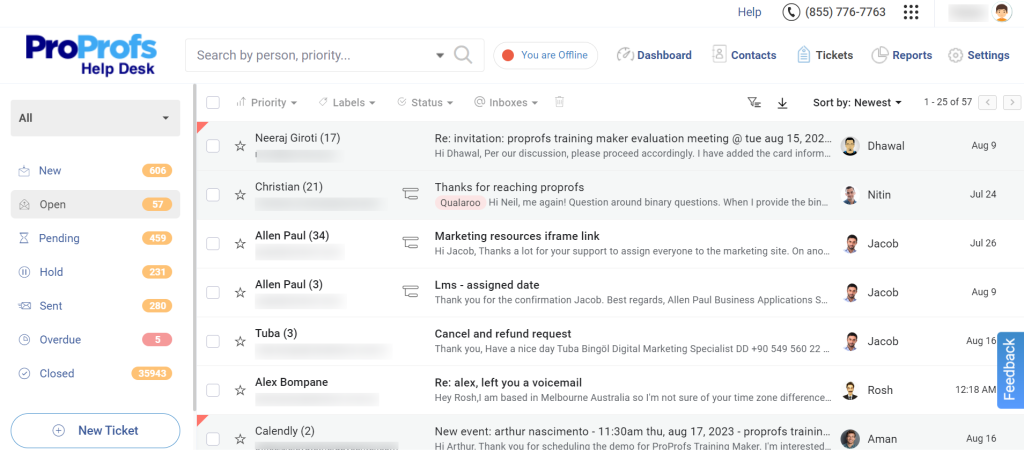
When your chat connects to your CRM and help desk, you always have the full picture—customer history, past tickets, and important notes—right at your fingertips. You can respond faster because you’re never starting from scratch. Tickets are created automatically, notes sync in real time, and follow-ups happen without you lifting a finger.
That means less manual work for you, fewer silos between teams, and a smoother experience for your customers from first message to final resolution.
3 Real-World Examples of Exceptional Customer Service
Strategies become powerful when they meet action. Here are real examples of brands that have mastered the art of creating remarkable customer experiences.
1. Starbucks – Turning a Small Moment into a Memorable Experience

Image Source: Packaging Europe
Starbucks is known for personal touches, but one barista took it further. When a customer named Wei pointed out his name was misspelled, the barista didn’t just correct it—on the next coffee, they wrote “Bruce Wayne,” and on the third, “Batman” with a bat doodle. This playful interaction turned an ordinary transaction into a story worth sharing.
What You Can Learn: Spontaneous, thoughtful touches leave a lasting impression. Encourage your team to add creativity and humor so customers enjoy moments they’ll remember and share.
2. Nike – Turning Customers into Co-Creators

Image Source: The Drop Date
Nike’s “Nike By You” program lets customers design their own shoes—choosing colors, materials, and even adding personal touches. This transforms a simple purchase into a creative, hands-on experience, making the product truly one of a kind. The emotional connection built through co-creation drives loyalty and repeat business.
What You Can Learn: Give customers a sense of ownership. When they help create the product or experience, they feel more invested in your brand and are more likely to return.
3. Coca-Cola – Personalization That Sparked a Global Buzz
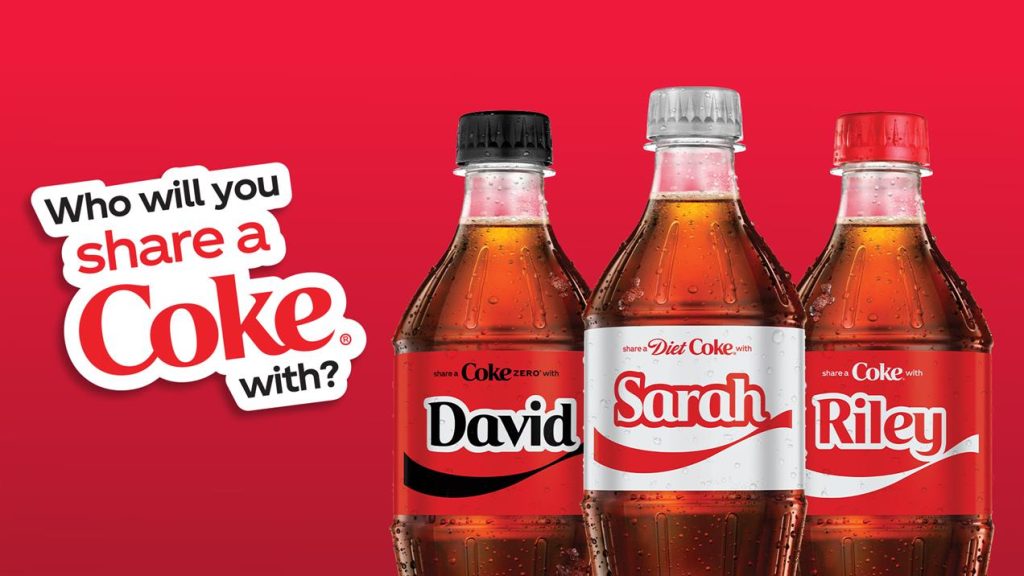
Image Source: The Coca-Cola Company
Coca-Cola’s “Share a Coke” campaign replaced its logo on bottles with popular names, inviting people to find one for themselves or a friend. This small, personal twist made buying a Coke a fun, shareable moment and generated massive social buzz around the world.
What You Can Learn: Even small personal touches can create big emotional connections. When customers see themselves reflected in your product, they’re more likely to engage, share, and stay loyal.
Five Key Metrics to Measure Customer Service Success
If you really want to know whether your customer service is hitting the mark, you need to track the right numbers. These five metrics don’t just measure performance—they tell you where to improve, what’s working, and how to keep your customers coming back for more.
1. Customer Satisfaction Score (CSAT)
CSAT is your quick check-in with customers after an interaction. You ask how satisfied they are, and they tell you—simple. Tracking it regularly shows if your service meets expectations. If scores dip, you know it’s time to review processes, retrain staff, or tweak the way you handle common issues.
2. First Response Time (FRT)
FRT measures how quickly you respond to a new query. You might not have the full solution immediately, but a prompt acknowledgment makes customers feel heard and valued. Long delays can create frustration, so shaving seconds or minutes off your response time can have a big impact on satisfaction.
3. First Contact Resolution (FCR)
FCR tells you how often customers get their issue resolved in the first conversation. If you can solve it right away, you save them from explaining the problem multiple times. It’s a win-win—you save time, they leave happier, and your support queue stays clearer. Higher FCR often means stronger loyalty.
4. Net Promoter Score (NPS)
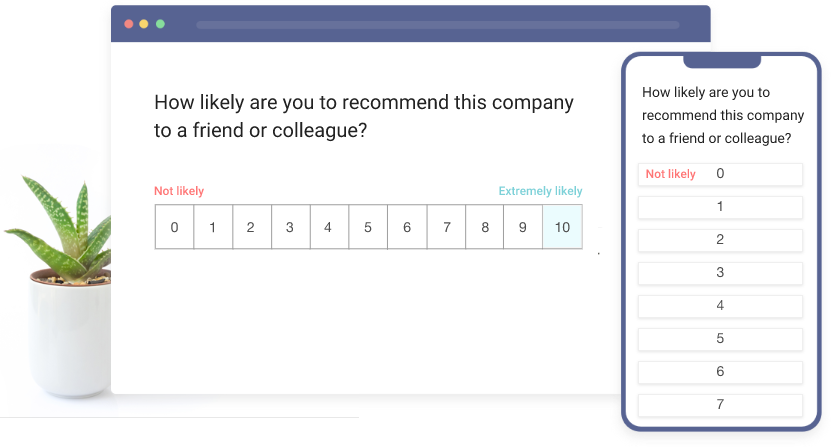
NPS asks one powerful question: “How likely are you to recommend us to a friend or colleague?” A high score means you’re creating loyal advocates. A low score is a warning sign that something’s off. Use NPS feedback to uncover hidden issues and turn unhappy customers into promoters.
5. Ticket Volume Trends
Ticket volume isn’t just a count—it’s a story. Tracking the number of incoming support requests over time helps you spot spikes, recurring problems, or seasonal patterns. You can also see if self-service options like a knowledge base or chatbot are doing their job in reducing the number of tickets.
Your Next Move Toward Exceptional Customer Service
Exceptional customer service isn’t achieved overnight—it grows from consistent strategies applied over time. From AI chatbots to smarter lead qualification, I shared 10 ideas for improving customer service that can strengthen connections and boost loyalty.
To keep improving, listen actively to feedback, personalize every interaction, and measure what matters most. Make every interaction faster, friendlier, and more consistent—no matter the channel.The right tools make this easier—and that’s where ProProfs Chat comes in. With features like AI chatbots, real-time monitoring, CRM integration, and multi-channel support, it helps you deliver faster, smarter, and more delightful service—every time.
Frequently Asked Questions:
How do I make sure customers get connected to the right person quickly?
Features like Intelligent chat routing ensures each inquiry is directed to the most appropriate department or agent, reducing transfer times and improving first-contact resolution rates.
What’s a simple way to measure my team’s customer service performance?
Tools like ProProfs Chat offers built-in reporting to track chat volume, response times, customer ratings, and trends—you’ll quickly spot what’s working and what needs improvement.
How do I reduce the number of support tickets my team gets?
You can use self-help options, like a searchable knowledge base, so customers can quickly find answers on their own.
FREE. All Features. FOREVER!
Try our Forever FREE account with all premium features!

 We'd love your feedback!
We'd love your feedback!
 Thanks for your feedback!
Thanks for your feedback!


